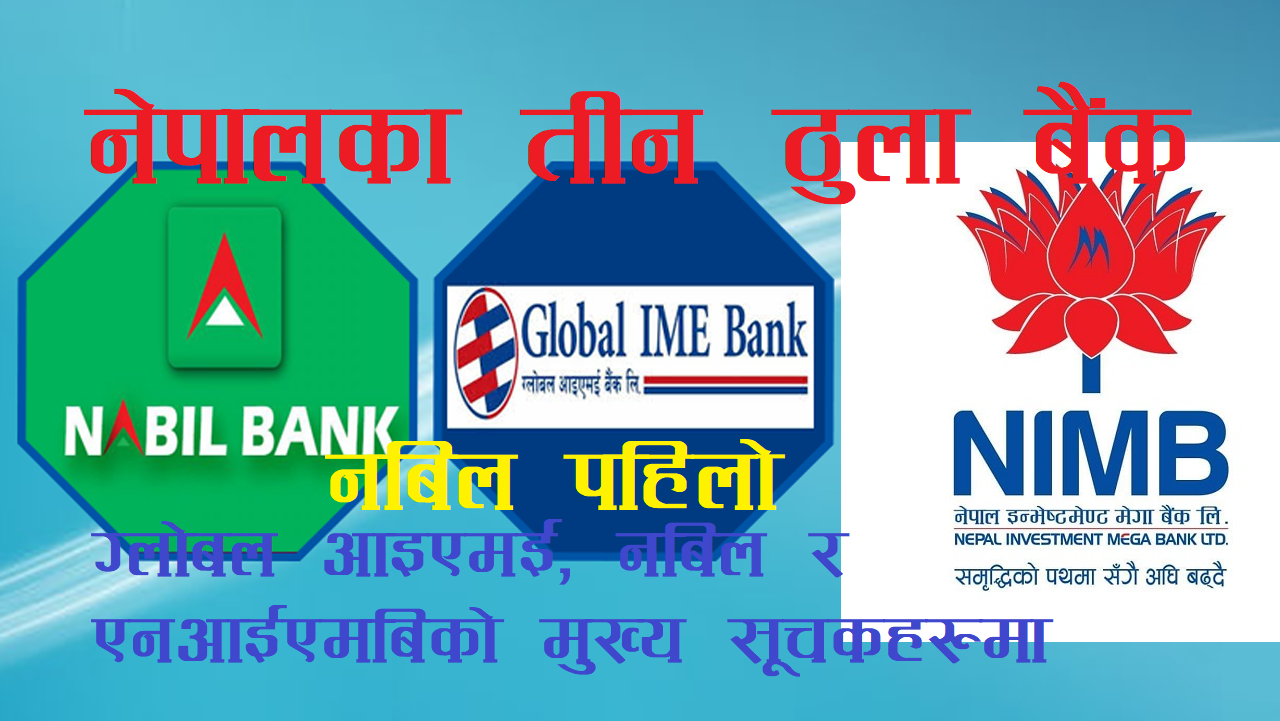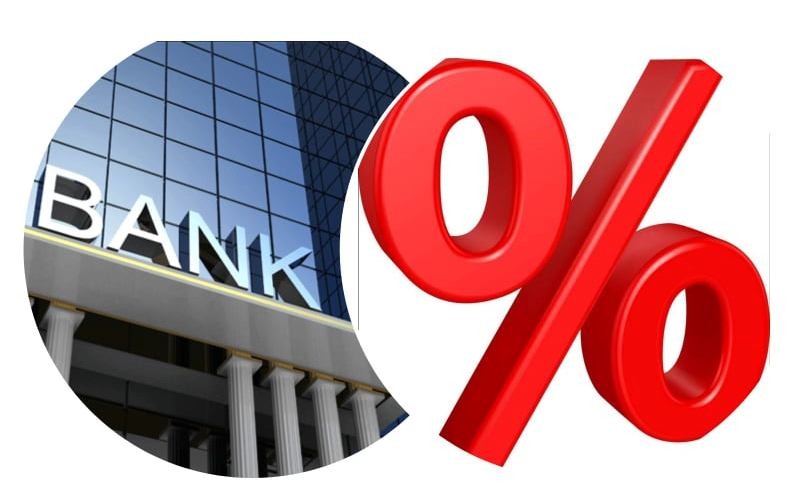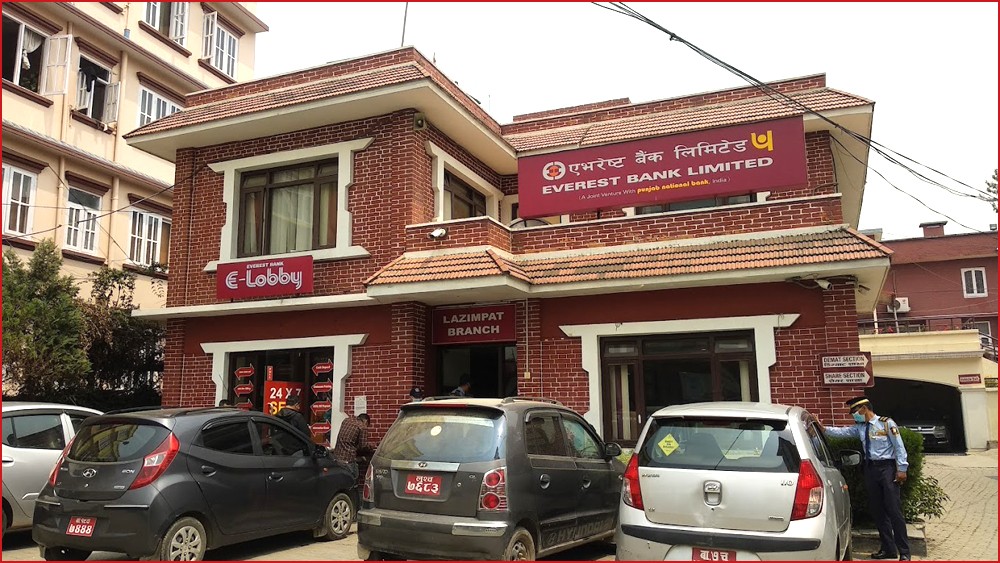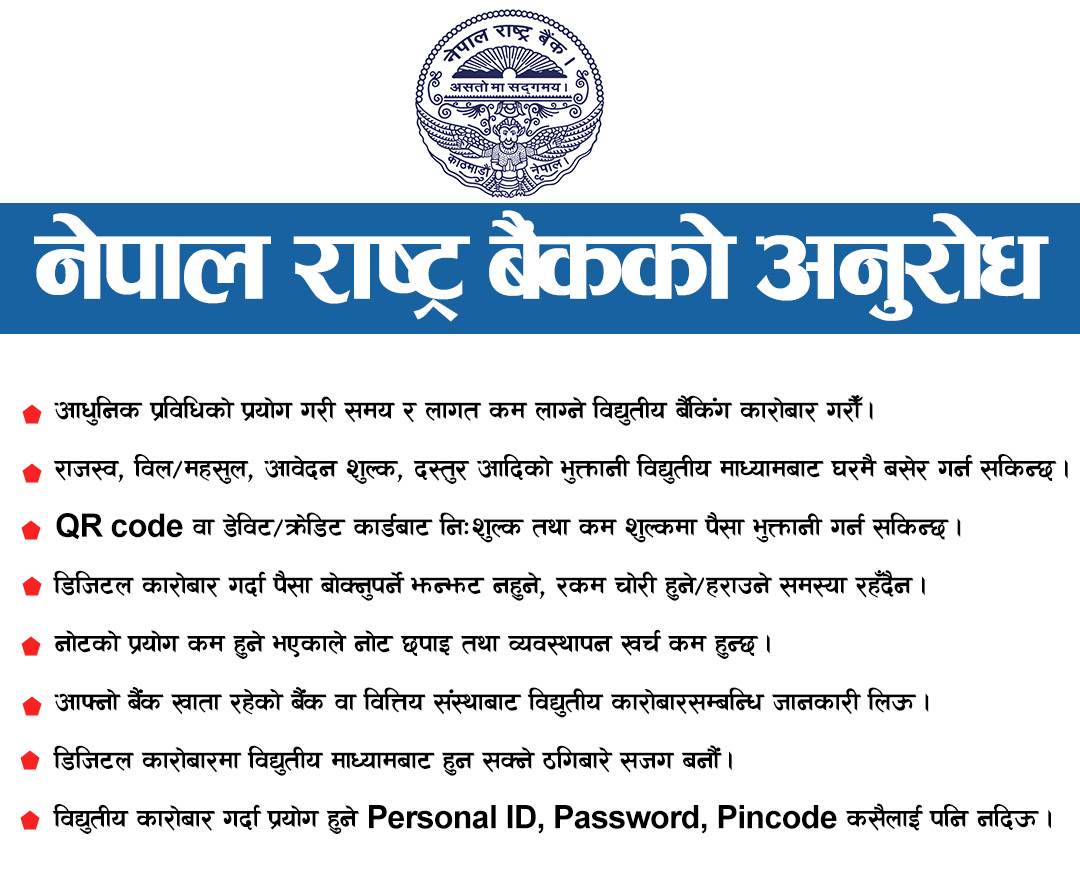
Kathmandu: The share market also looked sluggish on Tuesday. On this day, the Nepse index has decreased by 11.82 points and reached 1921.31 points. Shares worth more than Rs 1 billion have been traded. Earlier, the market had improved for two days after the index fell sharply. However, as soon as prices rose slightly, short-term traders dominated and the indicator came under pressure again. According to analysts, Nepse has almost bottomed out. For the same reason, the market may go up and down in the middle of a few points for a while or the market may go sideways overall.
He said that if a market-friendly monetary policy is introduced, then Nepse can pick up new momentum. The general investor sentiment in the market is still not positive. In order for Nepse to gain momentum, it is necessary to develop a positive mentality in the general investors. For this, the government and the regulator have to bring market reform programs. Especially now the problem is the cap of Rs 4-12 crore on share pledge loan. If it is rejected, the psychology of the general investors in the market will be positive.
After that, many have analyzed that a new environment may come in the market. Similarly, the central bank has increased the risk burden on loans secured by shares. Reducing this too will further help to make the general investor's psychology positive in the market. Although it is natural for short-term traders to book profits, analysts say the current price is much cheaper for long-term and medium-term investors.
Because now the price of blue chip companies has come down a lot. This is also confirmed by looking at the PE ratio. Similarly, looking at the 52-week price confirms this. On a price basis, analysts say rewards are more likely than risks. After the agitation of investors, the regulatory body and the government have also shown commitment to capital market reform. The Securities and Exchange Board has agreed to meet the 19-point demand of investors. The Securities and Exchange Board has expressed its commitment to solve the problems by coordinating with the Ministry of Finance, Nepal Rastra Bank and the Insurance Committee. An implementation committee comprising investors has also been formed.
From this, it can be expected that the anti-capital market system will be gradually abolished in the coming days. As the declining market goes up again, experts have suggested investing in companies with strong financial indicators in a planned manner.








